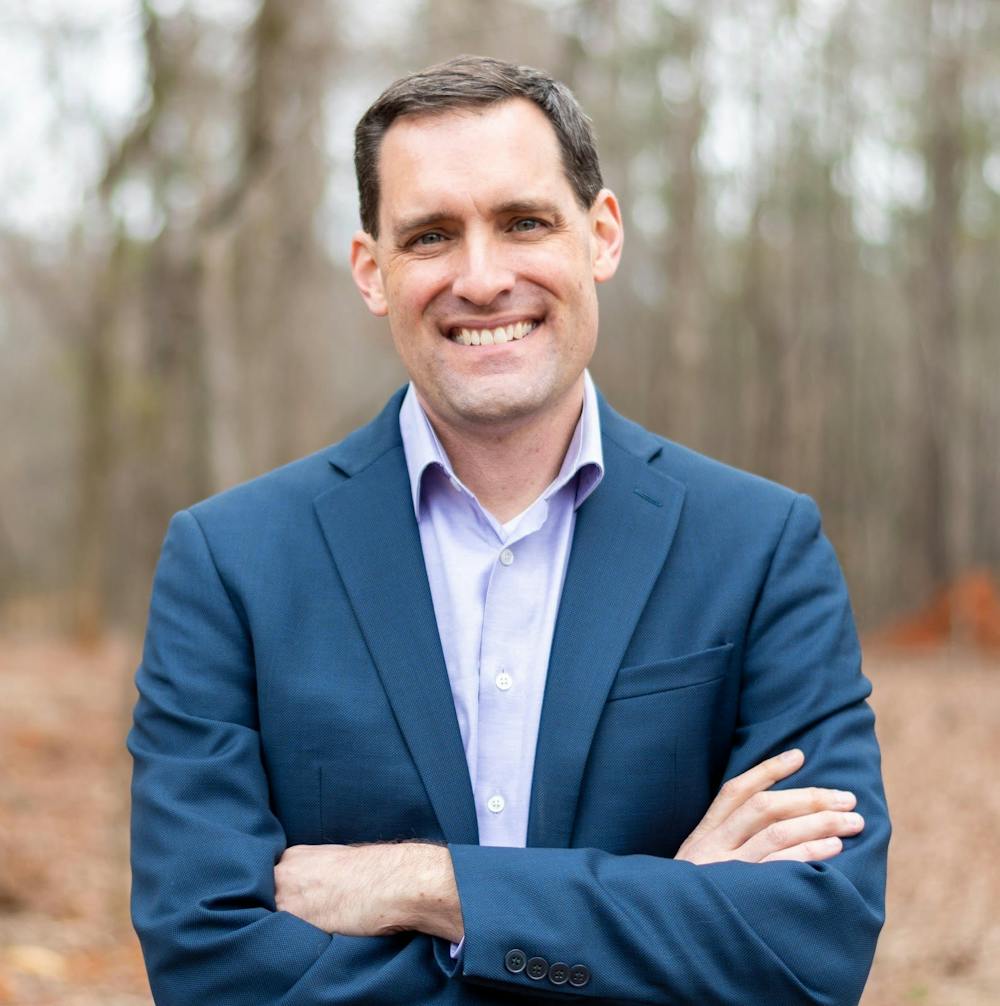Parents know how hard it is to navigate their child’s emotional state on a day-to-day basis, coaxing them through problems big and small. For me, as I think back on my oldest daughter through adolescence years ago, I often felt like a failure as a parent and as a professional social worker… because there were times I had to depend on others to help her.
I reflected on this recently while considering Senate Bill 49, North Carolina’s version of a “Don’t Say Gay” bill that has been introduced all over the country. What all of the bills have in common are sections that basically force school professionals to avoid even mentioning LGBTQ people and to call a kid’s parents if the student comes out to the educator as questioning whether they might be transgender.
Setting my own parenting experience aside, I am saddened to see legislation like this while we’re in the middle of the worst adolescent mental health crisis we’ve ever seen. Based on a recent survey of high schoolers, only 49 percent say they feel good about themselves. Thirty-three percent said they feel alone. And perhaps most relevant to this bill, among students who identify as gay, lesbian or bisexual, 48 percent have seriously considered committing suicide in the last 12 months.
Thinking about those kids hurting reminded me of the days when my daughter didn’t want my particular brand of help. Through my feelings of failure, I needed to trust the adults in her life to be there for her. As parents, we have to trust other adults more and more each day as our kids get older. We trust the bus driver to deliver our kids to school safely. We trust the coach to teach them important life lessons. And sometimes, we have to trust professionals to take care of our kids when our kids don’t turn to us.
This Don’t Say Gay bill undermines that partnership. It sets up a false and unworkable framework because it falsely assumes that one side, the school side, does not believe in that partnership and isn’t to be trusted.
When I was working in schools, when kids came to tell me something they “didn’t want their parents to know” — that they were gay, or pregnant, or in a gang, addicted to something, whatever it might have been — the truth is that they almost always did want to tell their parents because they want to be loved by their parents. They just couldn’t figure out how to do it.
And then, unfortunately, there were occasions where students begged me not to tell their parents, as they feared they might be beaten or ostracized.
If a law told me I had to tell their parents, but I had an ethical duty to protect the child from harm, what would I do?
I would choose to protect the safety of that child over compliance with this harmful, unnecessary law.




